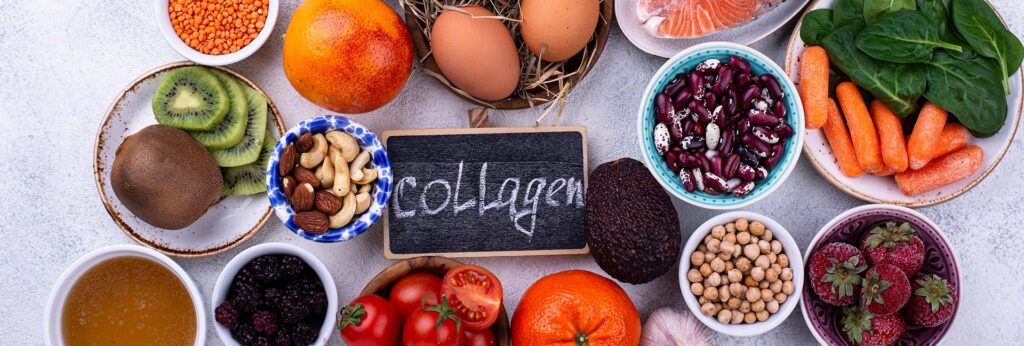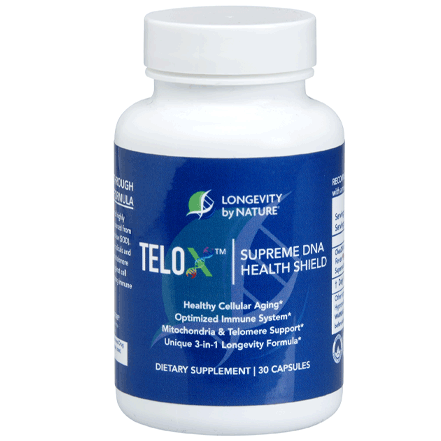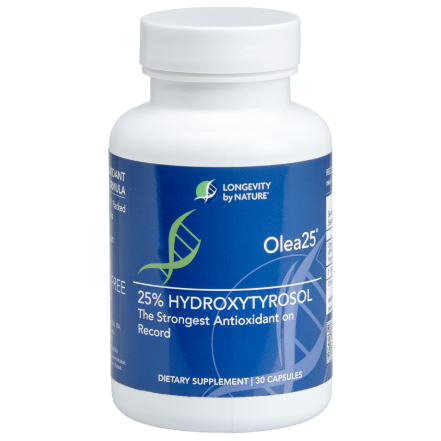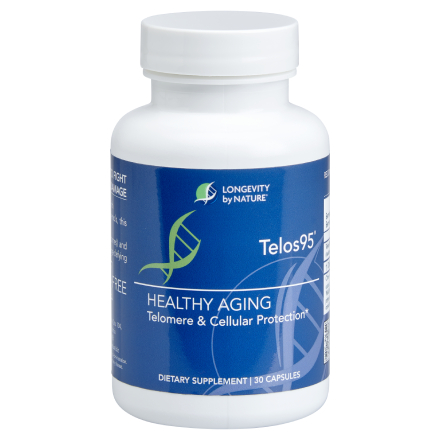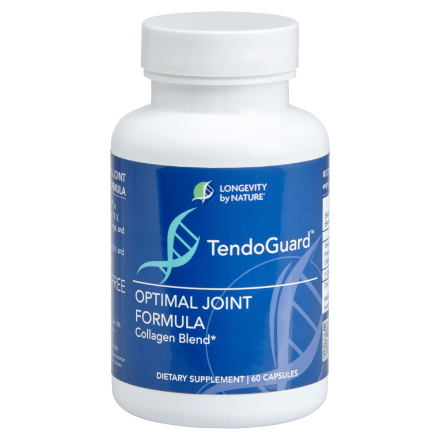As we age, we all want to age gracefully. As we journey through the aging process, areas where we have concerns include our skin, our hair, our nails, our joint health, our digestive system, and especially our cognitive mental health. To embrace the changes of aging, sometimes we need help from foods or supplements that encourage collagen production. Collagen helps maintain the integrity and functionality of our skin, bones, and joints, contributing significantly to our overall health and mobility. When your body doesn’t produce collagen naturally, collagen supplements and collagen-producing foods are recommended for skin health, bone strength, and joint function because natural collagen production decreases with age. This article will examine what foods produce collagen that may help as we age, as well as how a collagen supplement like KollaJell provides a multitude of benefits for one’s health.
Explore more best selling supplements from Longevity by Nature
What is collagen?
Collagen is a protein that plays an important role in the structure and function of various parts of the body, including skin, bones, and joints. In Skin: Collagen is a major component of the skin, which accounts for about 75-80% of its dry weight. It provides skin with structure, elasticity, and resilience. As we age, collagen production decreases, leading to wrinkles and less elastic skin. This is why collagen is associated with anti-aging treatments and products. In Bones: Minerals attach to collagen in bones, giving them strength and flexibility. Collagen helps make bones resilient enough to withstand stress while still being able to absorb impacts without breaking. In Joints: Collagen is a key component of cartilage, the tissue that protects joints. It allows cartilage to be strong and resilient, enabling it to cushion the joints and absorb shocks. Adequate collagen levels can help maintain joint health and mobility, and its depletion can lead to issues like joint pain and conditions such as osteoarthritis.The natural decline of collagen production with age
The natural decline of collagen production with age is a biological process that affects the body’s connective tissues, skin, bones, and joints. Here’s how and why this decline occurs: Biological Aging: As part of the natural aging process, the cells responsible for collagen production, known as fibroblasts, become less efficient and effective. This results in a gradual decrease in the amount of new collagen produced. Reduced Quality: Not only does the quantity of collagen decline with age, but its quality also diminishes. The collagen fibers become cross-linked and fragmented, leading to stiffer and less flexible connective tissues. Hormonal Changes: Hormonal changes, especially during menopause in women, contribute to the reduction in collagen production. Estrogen is known to stimulate collagen production, and as estrogen levels drop, so does collagen synthesis. Environmental Factors: External factors like UV radiation from sun exposure, smoking, and pollution can accelerate collagen degradation and inhibit its production. These factors cause oxidative stress and damage the collagen fibers. Impact on Skin: In the skin, reduced collagen production manifests as wrinkles, decreased elasticity, and thinner skin. The skin loses its firmness and resilience, which are characteristic of youthful skin. Effect on Bones and Joints: In bones, reduced collagen may lead to decreased bone density and strength, increasing the risk of fractures. In joints, diminished collagen in cartilage can lead to stiffness and joint pain.Benefits of consuming collagen-boosting foods and supplements
Ingesting collagen-boosting foods and supplements like KollaJell is a proactive strategy to bolster the body’s collagen levels, aimed at preserving skin elasticity, bone strength, and joint functionality as you progress through the aging process.10 Foods That Help Your Body Produce Collagen
Collagen-Boosting Foods: Certain foods are known to either contain collagen or support its production in the body. These include protein-rich foods as well as foods high in vitamin C, zinc, and copper which play a role in collagen synthesis. Eating these foods may be how to produce more collagen in addition to collage supplements:- Bone Broth: Contains bioavailable collagen peptides that are easily absorbed by the body.
- Chicken: A rich source of animal protein that provides the amino acids necessary for collagen synthesis.
- Citrus Fruits: High in vitamin C, essential for the synthesis and stabilization of collagen molecules.
- Berries: Packed with antioxidants and vitamin C, aiding in collagen production
- Red Bell Peppers: Contain high levels of vitamin C and antioxidants, both crucial for collagen synthesis.
- Eggs: Provide protein and contain collagen in the eggshell membrane, contributing to collagen production.
- Leafy Green Vegetables: Rich in chlorophyll, shown to increase the precursor to collagen in the skin
- Garlic: Contains sulfur, a necessary element for collagen synthesis, and taurine and lipid acid, which help rebuild damaged collagen fibers.
- Almonds: A source of vitamin E, which is important for maintaining skin health and supporting collagen production
- Beans and Lentils: High in protein and lysine, an amino acid important for collagen synthesis and repair.



